Protect Your Home from Water Damage
Gutter Installation and Drainage Solutions for Greater New Jersey Residents
What Our Customers Are Saying
We’re proud to have 100% satisfaction and 100% project completion rates. Our returning clients trust us for consistent service, expert installation, and ongoing support.
Trustindex verifies that the original source of the review is Google. The solar installer were very professional and were very professional with the install. I love to see contractors take pride in their installs which looked like a work of art. I would buy a home just to have them do the solar install. A + ,Rating and I don't give out compliments so easy. Thank youPosted onTrustindex verifies that the original source of the review is Google. Gensun is a phenomenal company. They did the job in 2 days .. they “ rolled “ a brand new roof into the deal and now my electric bill is no higher then $179 ALL YEAR ROUND” ( our electric bill used to be around $400 to $500 during the winter and $600 to $700 during the summer months . They took care of the headaches involved with township etc .. we didn’t lift a finger We give them a “ 100 STAR RATING “ Sarah S.Posted onTrustindex verifies that the original source of the review is Google. Exceptional quality! Very fast and efficient! I would hire this company 10 times out of 10. What a great job they did.Posted onTrustindex verifies that the original source of the review is Google. I have to say this company has turned around for me. They came out here today.Took care of everything. I'm just waiting for a day for the fire.Inspectors to take care of the solar. The pallet has been gone.Cause the guy picked it up. So I decided to give it 5 stars, because they have redeemed themselves.Posted onTrustindex verifies that the original source of the review is Google. This company does outstanding work, stand behind their products and services. Very nice and clean installation, staff is friendly and communicative. I would definitely recommend for anyone to use them if you are looking for roofing and solar services.Posted onTrustindex verifies that the original source of the review is Google. Professional and friendly!Posted onTrustindex verifies that the original source of the review is Google. Matt C. Was great. Made sure I fully understood the options I had as well as was there during installation to make sure everything went smoothly. He always answered when I had a question. If you’re planning on going Solar (you should) this is your guy.Posted onTrustindex verifies that the original source of the review is Google. Diego and his team did a great job with installing Andersen patio doors. My new doors fit like a glove and slide effortlessly. I am very happy with result. Gensun Solar will be my choice for all future home improvement projects.Posted onTrustindex verifies that the original source of the review is Google. This company was great to work with and I am very happy with my new roof and solar systemVerified by TrustindexTrustindex verified badge is the Universal Symbol of Trust. Only the greatest companies can get the verified badge who has a review score above 4.5, based on customer reviews over the past 12 months. Read more
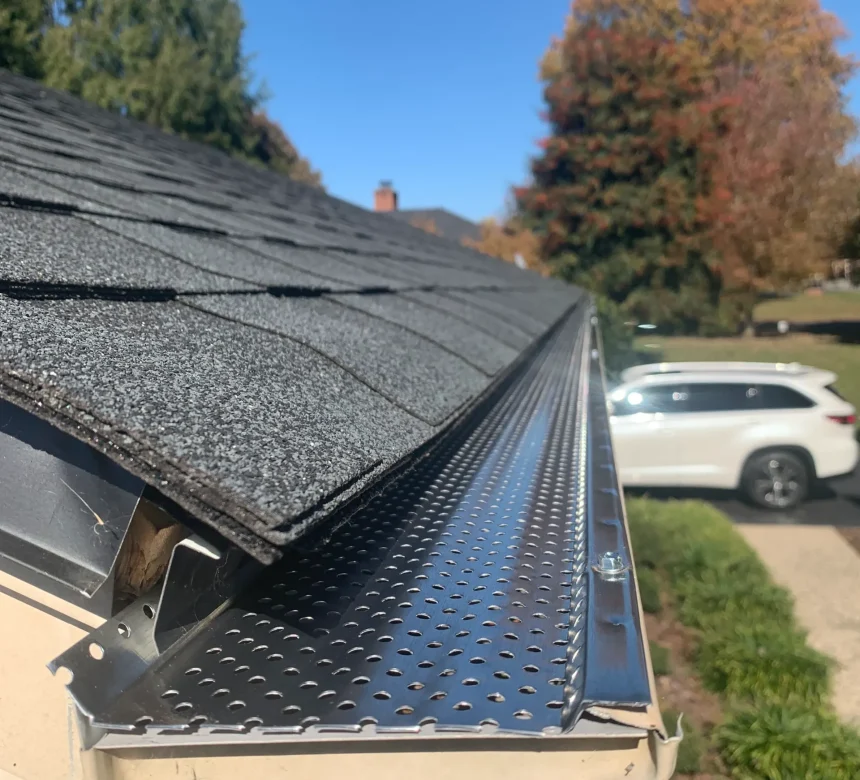
Smart Water Management
Gutter Systems That Work for Your Home
Seamless Gutter Installation
Custom-fit gutters that are durable, low-maintenance, and built to handle heavy rainfall.
Downspouts & Drainage
We design full drainage systems to move water safely away from your home’s foundation.
Clean, Professional Service
Our in-house team installs everything with care and cleans up when the job is done.
Get a Custom Gutter Solution Today
Built to Handle the Storm
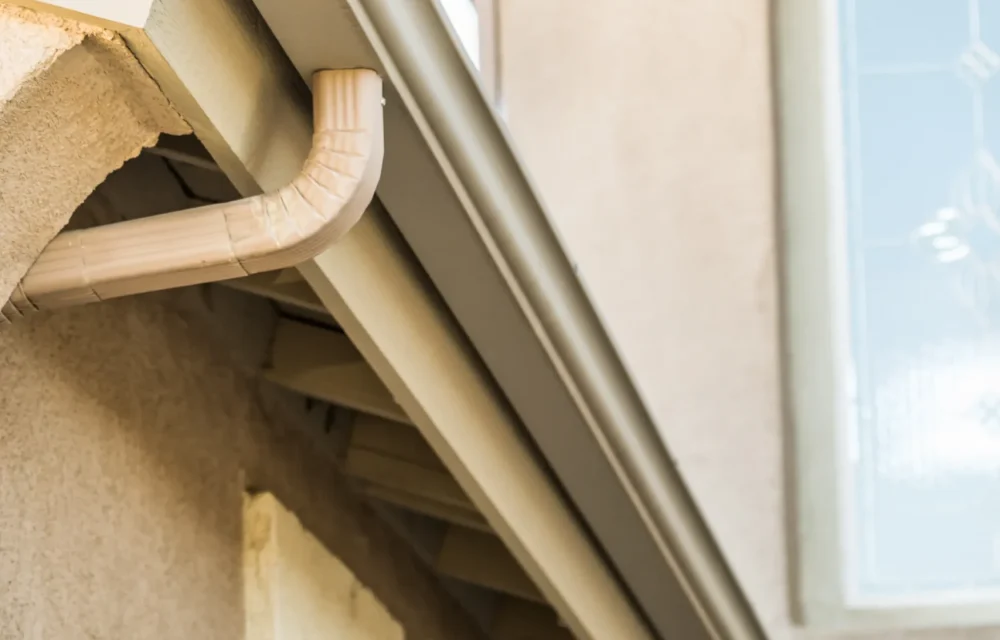
Complete Roofing Solutions — and More
Our Services
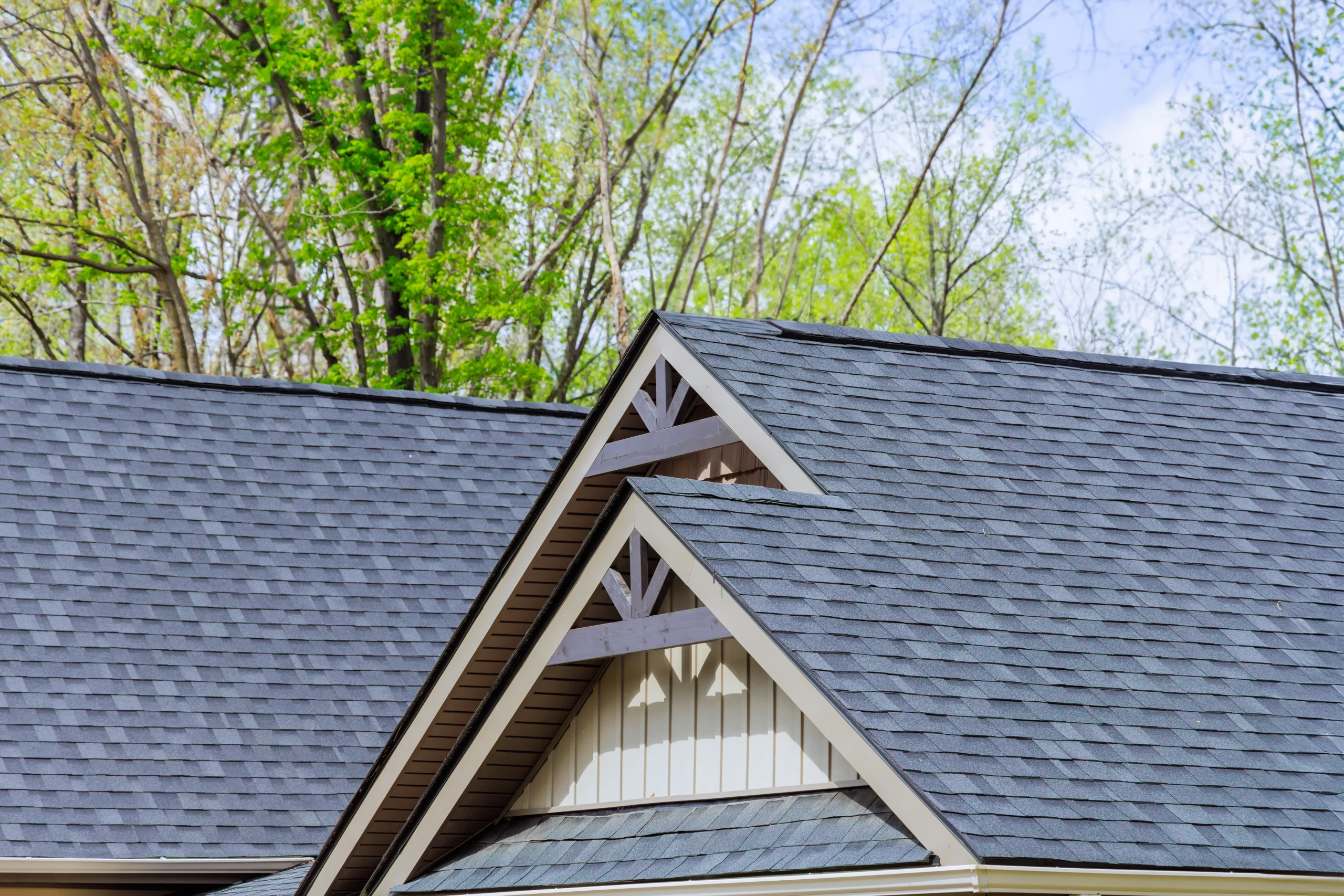
Residential Roofing
We specialize in asphalt shingle and low-slope roofing systems for homes across New Jersey and Pennsylvania. Expect fast turnarounds and clean, professional installs.
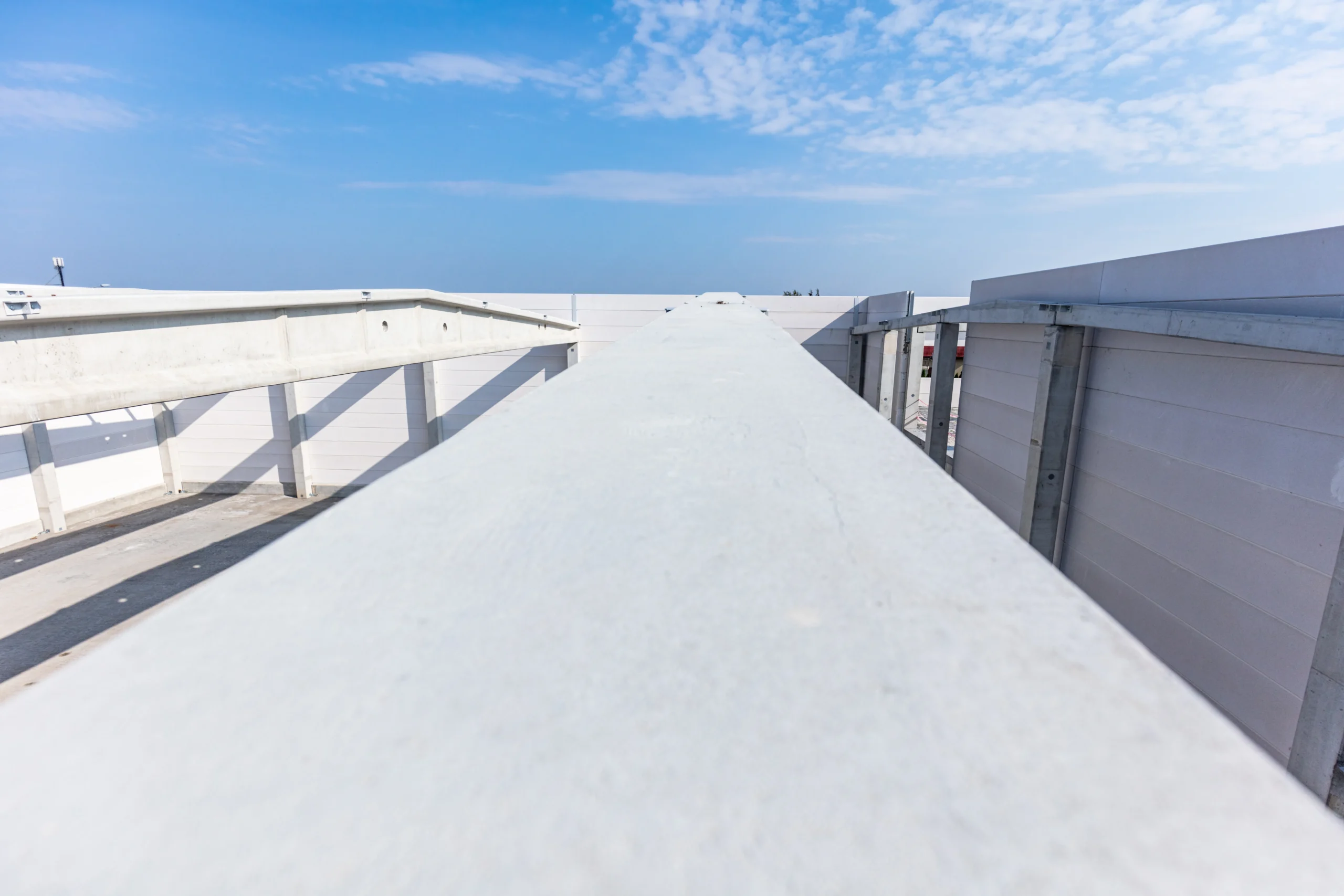
Commercial Roofing
From small retail buildings to multi-family properties, we offer commercial roofing designed for durability and efficiency.
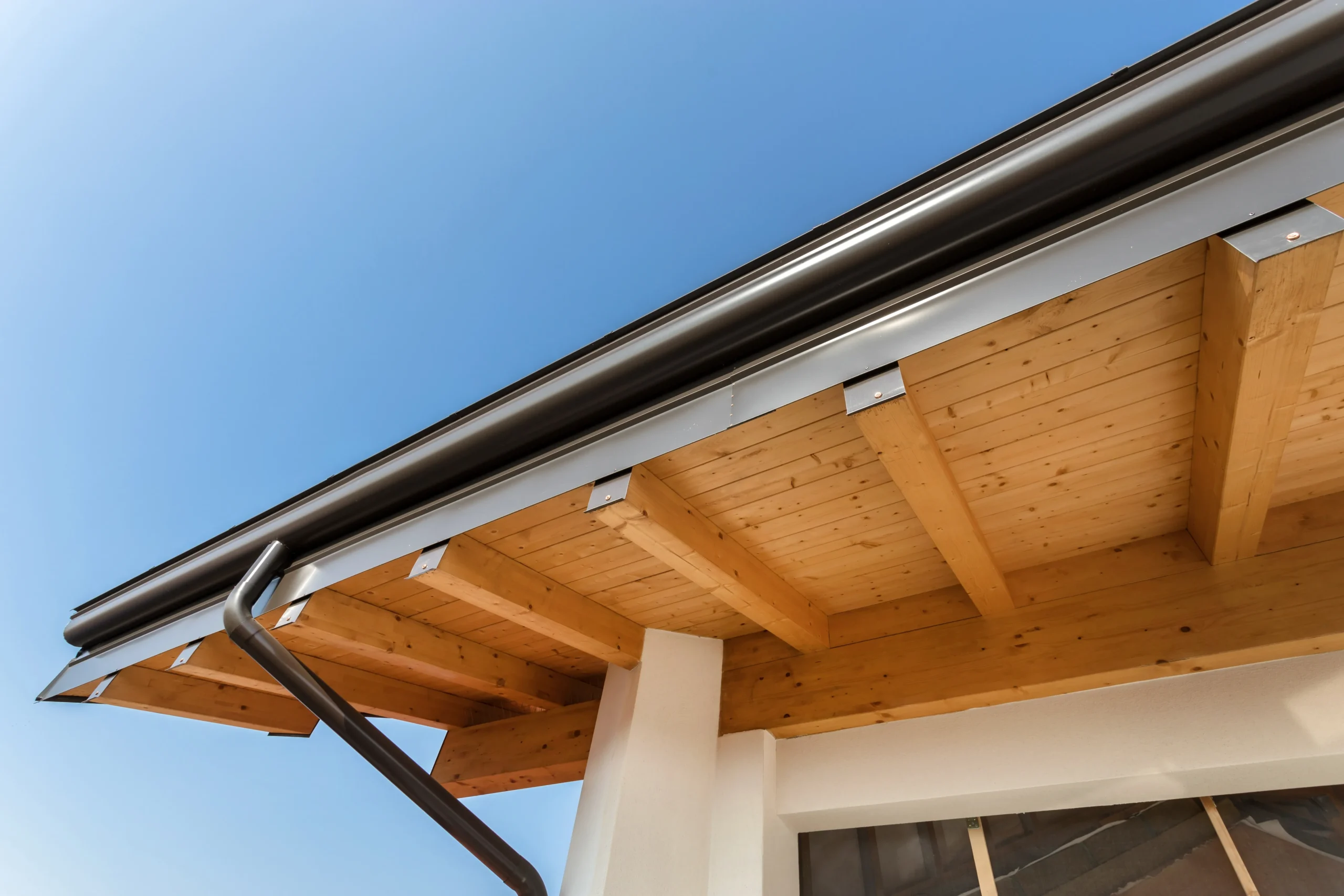
Gutters & Drainage
Keep water away from your foundation with custom-fit gutter systems and downspouts, installed by our in-house team.
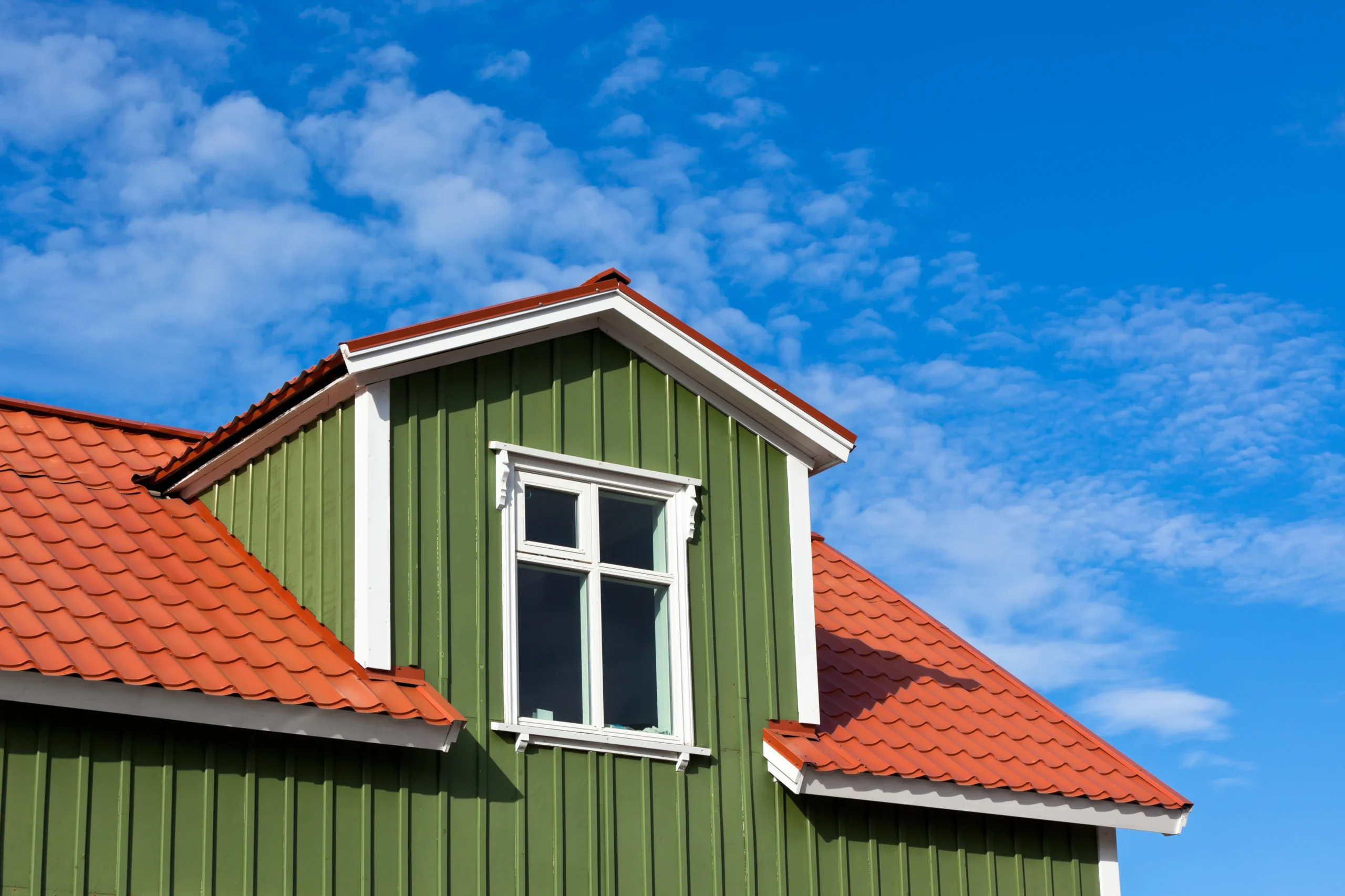
Siding Installation
Boost your home’s curb appeal and energy efficiency with high-quality siding materials and expert installation.
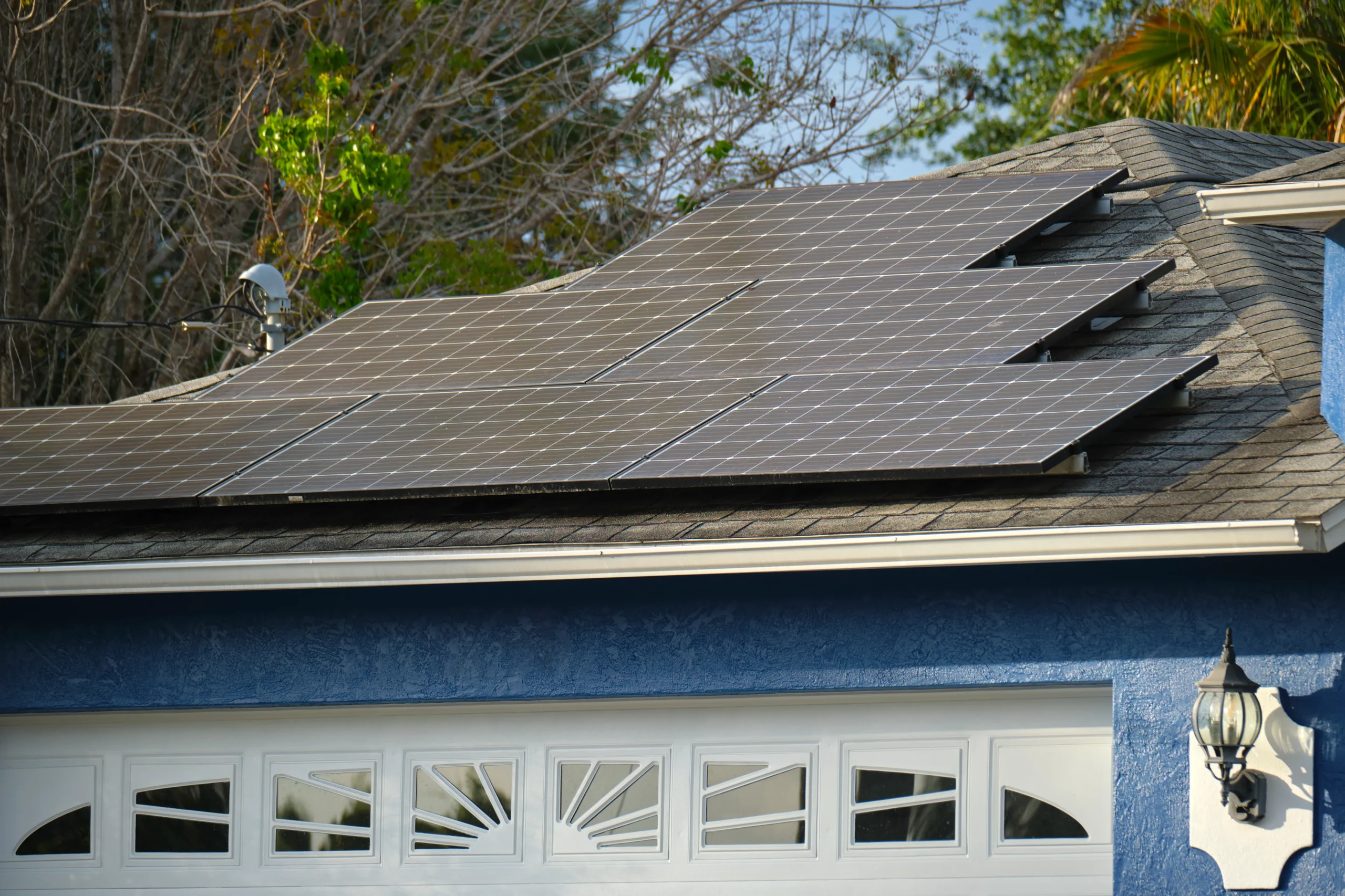
Solar
Need roofing work on a solar-equipped home? We specialize in roofing projects that work with and around existing solar panel systems — no removal necessary.


